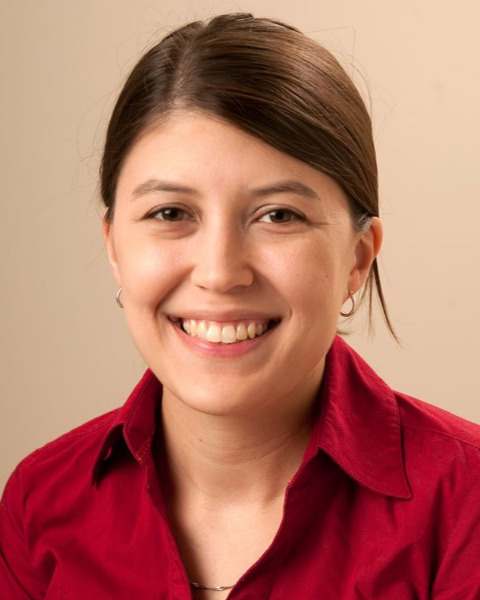ADHD - Child
(PS11-B32) Baseline Observed Parenting Moderates Child Disruptive Behavior Outcomes Following Two Parenting Interventions for ADHD
- JG
Jaime R. Garcia, B.S.
Clinical Research Coordinator
University of Maryland- College Park
Bethesda, Maryland - RA
Rebecca Ashkenazy, B.A.
Research Assistant
University of Maryland
Great Neck, New York - DN
Danielle R. Novick, M.S.
Doctoral Student
University of Maryland- College Park
College Park, Maryland 
Andrea M. Chronis-Tuscano, Ph.D.
Professor
University of Maryland- College Park
College Park, Maryland- KC
Katherine Coley, B.S.
Clinical Research Coordinator
Children’s National Health System
College Park, Maryland - KO
Kelly O'Brien, Ph.D.
Psychologist
Alvord, Baker & Associates, LLC
College Park, Maryland 
Christina Danko, Ph.D.
Assistant Clinical Professor
University of Maryland- College Park
College Park, Maryland
Author(s)
Co-Author(s)
Over 50% of mothers of children with ADHD experience major depressive symptoms (Chronis et al., 2003). Maternal depression and early parenting predict a wide array of negative outcomes in youth with ADHD (Chronis et al., 2007). The Integrated Parenting Intervention for ADHD (IPI-A) was developed to target parental depressive symptoms and child behavior problems by combining behavioral parent training (BPT) and cognitive behavioral therapy components in one treatment strategy. Such implementation has produced small to moderate effects on child externalizing behaviors relative to BPT alone (Chronis-Tuscano et al., 2013). However, further research is required to determine who needs a more intensive, integrated treatment. Our current study examines the interaction effect of baseline observed maternal parenting and treatment group (BPT vs. IPI-A) on post-treatment child disruptive behavior problems. We hypothesized that baseline parenting would moderate the effect of treatment condition on post-treatment child disruptive behavior such that mothers with lower levels of positive parenting and mothers with higher levels of negative parenting would report lower levels of post-treatment child disruptive behaviors in IPI-A (vs BPT).
Participants were 98 children (Mage = 8.78; 66% Male) with ADHD and their biological mothers (Mmother age = 40.05; Mincome = $55,429). All mothers had at least minimal depression on the Beck Depression Inventory-II (Beck et al., 1996). Baseline observed parenting was coded using the Dyadic Parent-Child Interaction Coding System (DPICS-III; Eyberg et al., 2005). The positive parenting composite comprised the sum of praises, behavior descriptions, reflections, and positive touches. The negative parenting composite comprised total negative talk and negative touch. Parent-reported child disruptive behaviors were measured using the total score of the Disruptive Behavior Disorders checklist (DBD; Pelham et al., 1992).
Child age, maternal depressive symptoms, and baseline DBD were included as covariates. There was a significant interaction effect between group and baseline positive parenting on post-treatment DBD, B = -1.032, SE = 0.345, p = .003. Though both groups showed improved post-treatment outcomes, post-treatment DBD scores were lower in IPI-A than in BPT at higher levels (+1 SD) of baseline positive parenting, B = -4.75, SE = 2.099, p</span> = .024. Post-treatment DBD scores were higher in IPI-A than in BPT at lower levels (-1 SD) of baseline positive parenting, B = 5.048, SE = 2.512, p = .044. There was no interaction effect between group and baseline negative parenting on post-treatment DBD, B = 0.677, SE = 0.526, p = .198. Results suggest that children of mothers with higher baseline levels of positive parenting may benefit more from IPI-A than BPT alone, while children of mothers with lower baseline levels of positive parenting may benefit more from BPT. Parents who enter treatment with fewer positive parenting skills may benefit more from a focus on parenting skills training, while parents with more positive parenting skills may gain more from a treatment with an added CBT component. Mechanisms should be analyzed in future studies.

